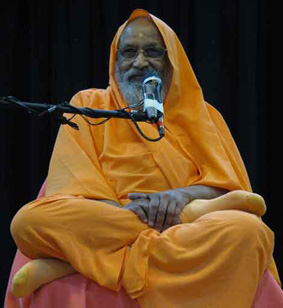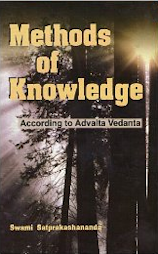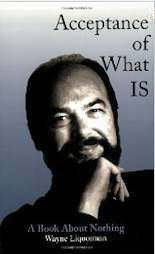 On April 26th 2012, the date of Adi Shankara’s birthday, the Shankaracharya of the Southern seat (Sringeri), Parama Pujya Bharati Tirtha Mahaswamiji, presented the first ever Adi Shankaracharya Award to Parama Pujya Sri Swami Dayananda Saraswati.
On April 26th 2012, the date of Adi Shankara’s birthday, the Shankaracharya of the Southern seat (Sringeri), Parama Pujya Bharati Tirtha Mahaswamiji, presented the first ever Adi Shankaracharya Award to Parama Pujya Sri Swami Dayananda Saraswati.
The Award states:
“His Holiness, Jagadguru Shankaracharya, Dakshinam Naya, Sri Shringeri Sharada Pitham, Sri Sri Bharati Tirtha Mahaswamiji is pleased to confer the Adi Shankaracharya Award on Sri Swami Dayananda Saraswati, Arsha Vidya Gurukulam, in recognition of the exemplary service rendered for the sustenance and propagation of Sanatana Dharma, Advaita philosophy, the Hindu cause and the welfare of mankind.”
—
I was struck by the speech from last year’s ceremony. It is a praise of Adi Shankara, but from my knowledge of Swami Dayananda Saraswati, it could be a description of his qualities:
” नानाम्नाय परिश्रमं कलयतां नास्त्येव शास्त्रेषु धीः
सत्योरप्यनयोर्न सुलभा सा हि क्षितौ साहिती
अप्येतासु सतीषु नास्ति विनयो नाचार-भक्ति-क्षमा-
चातुर्यः स च सा च सा च स च ताश्च आलम्ब्य खलेन्त्यमुम् || ”
from a text called “Vishwa Gunaadarsha Champu”
Rough translation (please excuse if there are errors):
“It is quite difficult to attain competence in learning and committing the Veda to memory, even more so discern their meaning with clarity. Among those who have these two abilities, it is still more difficult to find one who has the capability to compose prose and poetry with elegance. Still if a few such are to be found with these three abilities, the possibility that they are of good character, with devotion towards the Lord, and of a forgiving nature, is miniscule. However, all these four characteristics were expressed playfully in their full glory with Bhagavatpaada.”
Thanks for this are due to
Prasad Krishnan posted in Swami Paramarthananda Followers








